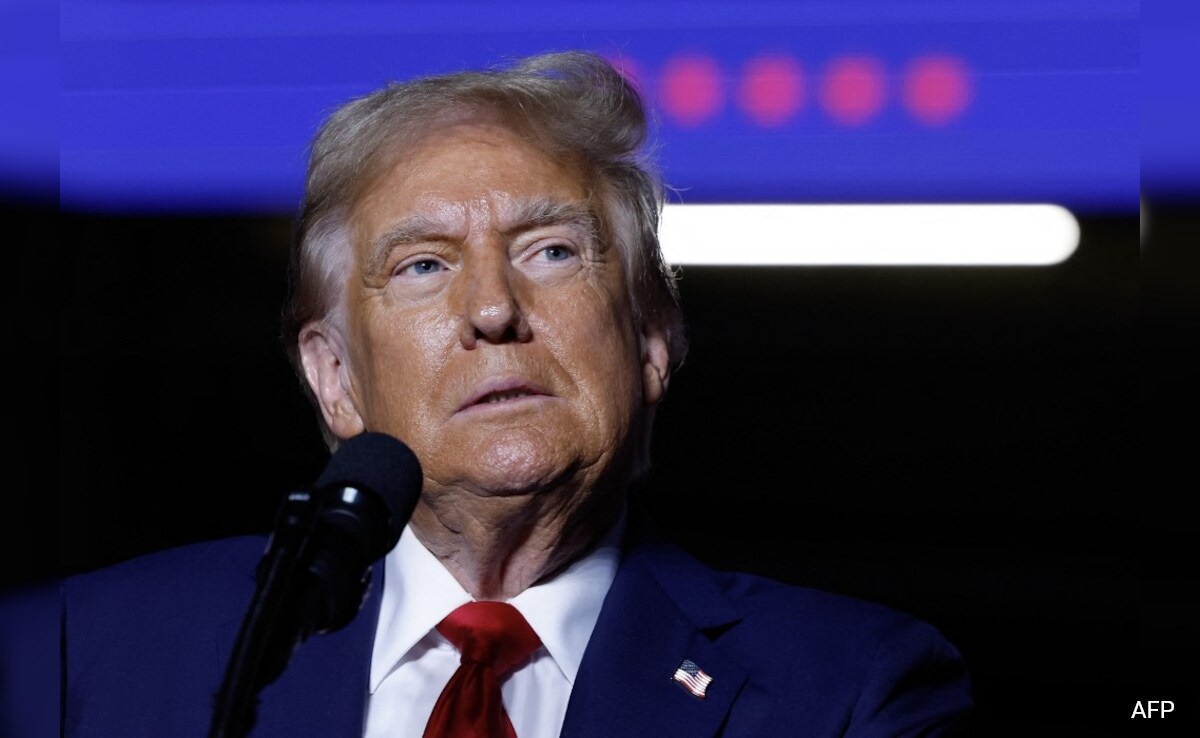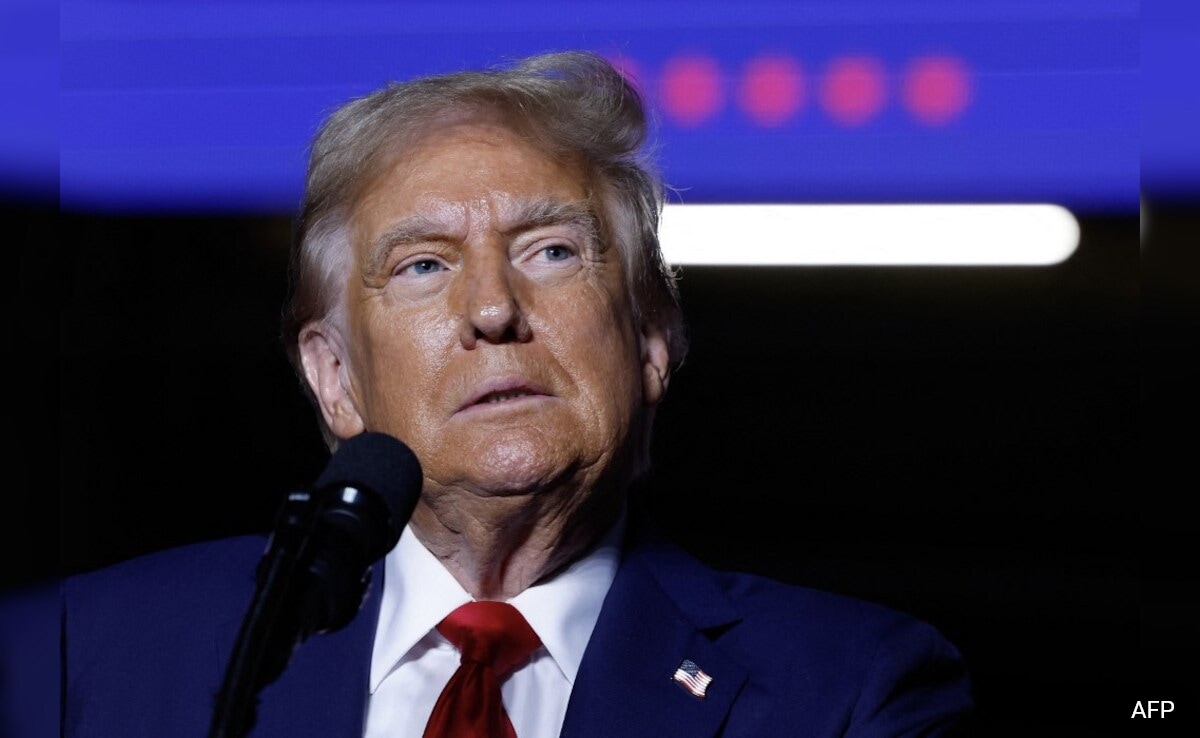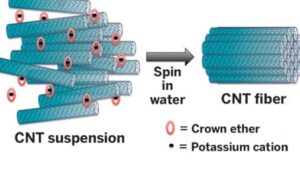

Europe had experienced a great deal of heat from Donald Trump during his first term as president. He had cast doubt on the continuing relevance of NATO, viewed it as a financial burden on the US because the Europeans were not spending enough on their own defence, and demanded that they spend 2% of their GDP on defence. He showed his disdain towards the EU by supporting Brexit.
The belief that Russia had interfered in the US presidential election in Trump’s favour had created misgivings that he might pursue a more flexible policy towards Moscow over the Ukraine conflict. His right-wing, nationalistic political orientation clashed with Europe’s left-leaning liberalism. His Make America Great Again (MAGA) slogan created anxiety as it was considered inward-looking, protectionist and tending towards isolationism. European politicians were concluding that Europe and Trump’s America no longer shared the same values.
Can Europe Cope?
Trump has now come back to power with a thumping majority. The Republicans have also won control of both houses of the US Congress. Trump is undoubtedly convinced that his re-election, despite all the legal and other efforts of the Democrats to disqualify and prevent him from fighting the election, has vindicated his proclaimed domestic and foreign policy agendas. Europe and others will have to cope with the unpredictability, impetuousness and self-assertion of this maverick president.
Trump, even before his inauguration, has put Europe under stress by his power play in questioning the continent’s territorial integrity by laying claim to Greenland. During his first term, too, he had laid his eyes on Greenland, but this time ,he is brazen about acquiring it on grounds of “national security” and access to its natural resources such as oil, gas, lithium etc. Trump has threatened to pursue his claim with economic coercion or use of force, if necessary, as he considers ownership of Greenland an “absolute necessity”.
The president-elect clearly wants the US to become a major Arctic power in anticipation of the melting of the Arctic ice, which would open up a vital trade route between Europe/Asia and the Americas and allow mining of the oceans’ rich resources of oil, gas and other minerals as well. At present, Russia dominates the Arctic geographically, and China is eyeing it too for its potential for trade connectivity. This is reminiscent of the ruthless great power politics of the 19th century.
This attack on Europe’s territorial integrity puts Europe against the wall. Its dependence on the US for its security provides it no real option to resist. The response of European leaders has been to temporise and avoid challenging Trump head-on. The Danish prime minister recognises America’s “security concerns”, while also stating that Greenland is not up for sale. The US already has a military base in Greenland, which can be expanded, and hence, the argument of security concerns seems debatable. The autonomous Greenland government has made hedging statements. The German Chancellor has resorted to a non-specific statement to the effect that the “inviolability of borders applies to all”. The French foreign minister has avoided mentioning the US by name while remarking that the EU would “not let other nations of the world attack its sovereign borders, whoever they are”.
Lost For Answers
The European Commission has refused to “go into the specifics” when asked to comment on Trump’s claims. Van der Leyen, the head of the European Commission and Antonia Costa, the head of the European Council, stated evasively that the “EU will always protect our citizens and the integrity of our democracies and freedoms” and, rather pointlessly, that “we look forward to a positive engagement with the incoming US administration, based on our common values and shared interests. In a rough world, Europe and the US are stronger together”.
Europe is embarrassed and does not quite know how to respond adequately. Its geopolitical weakness has been exposed, diminishing its status as a collective power. It sees itself threatened by Russian power from the East and now by American power from the West—one an enemy and the other an ally. In Russia’s case—which is unlike that of the US seeking to seize Greenland—it is not a territory belonging to an EU state that is being annexed or under threat of annexation. The message from all this is that Europe is unable to look after its own security. It depends on US-led NATO for protection, but it is the leader of NATO that is weakening NATO solidarity, with an uncomfortable message that Trump’s America sees Europe as quasi-dispensable.
A Double Bind
The quandary for Europe is that if it were to react strongly and decide to condemn the US territorial bid, it would need an internal consensus, and seeking one could divide NATO. The NATO edifice, which is considered vital for Europe’s security by member states, especially in East and Central Europe, could well begin to crack, given Trump’s known disdain for the transatlantic alliance. A strong anti-US reaction could also weaken Europe politically against Russia. Europe’s no-holds-barred discourse against Russia for seeking to annex the territory of a sovereign state and allegedly altering the map of Europe for the first time since the Second World War, as against a compliant attitude towards the US for a somewhat similar goal, could well become unsustainable.
Europe’s problem is that it cannot build its security simply on the basis of countries increasing their defence budgets individually. The smaller European countries—and there are many—increasing their defence budgets means little. To be autonomously secure, Europe needs to rely on its own arms industry, European countries to buy European-produced arms, and Europe to have some kind of a centralised European chain of command. This will require a deepening of the EU as a sovereign entity, on which there is no political consensus amongst Europeans.
As things are, European security has remained frozen in the Cold War matrix, with Russia being an enduring threat and the US standing as a bulwark against it. Although France and the UK are nuclear powers, their nuclear umbrellas are not politically acceptable to many European countries. They would prefer to rely only on the US nuclear umbrella, especially in the face of Russia’s formidable nuclear arsenal.
Narrative Wars
European public opinion could get confused if tensions between the EU and the US over the Greenland issue become acrimonious, and could well begin to affect public attitudes towards Russia, with mounting support for some compromise with Russia over Ukraine instead of a complete refusal to engage in a dialogue with Moscow. The discourse, in some circles, could well turn into one of US imperialism versus Russian imperialism.
On the Ukraine issue, Trump’s repeated declarations on engaging in a dialogue with Russia to find a solution, the statement by the incoming US National Security Adviser that Russia cannot be expelled from all the territory it holds, and the implied message that Ukraine will have to yield territory, as well as talk of arranging a Trump-Putin meeting, are huge political blows to Europe, whose leadership has persistently demonised Russia and Putin and closed doors to any dialogue with Moscow. Trump is upending Europe’s position of complete alignment with the Biden administration’s position on the Ukraine conflict. There is reported concern in Brussels that Trump may lift some sanctions on Russia as part of a potential deal.
Other than security issues, Trump’s presidency could increase economic pressures on the EU. This will come in addition to the economic costs paid by the EU because of Ukraine-related economic sanctions on Russia. During his first term, Trump had targeted Germany for its mercantilist trade policies. Germany’s current economic woes add to Europe’s vulnerability to US economic pressures.
Clash Of Values
Trump’s personal deep antipathy to ‘wokeism’, DEI (Diversity, Equity, and Inclusion) and gender identity issues will be another clash of “values” with Europe. Elon Musk, who is amplifying many of Trump’s political and social views, has already become a major headache for the European political class. He is openly interfering in European politics by, for instance, supporting the right-wing nationalist party (AfD) in Germany, and the right-wing Reform Party in the UK. He has brutally targeted prime minister Keith Starmer on the “grooming gangs” scandal, calling him “complicit in the rape of Britain”. Vice-president-elect J.D.Vance has also attacked the UK over not suppressing Islamism in the country. Trump Jr has joined in criticising the Labour Party too. This bodes ill for the US-UK special relationship.
All in all, Europe’s dependence on the US and its limited margin of manoeuvre have been brutally exposed with Trump’s coming ascension to the White House.
(Kanwal Sibal was Foreign Secretary and Ambassador to Turkey, Egypt, France and Russia, and Deputy Chief Of Mission in Washington.)
Disclaimer: These are the personal opinions of the author



